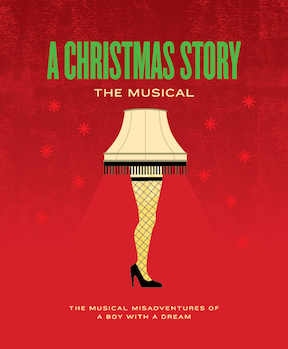The name, CogZest, is a blend of “Cognition” and “Zest”, where “Zest” representing affect. Here, we believe that deep learning is not merely a matter of acquiring dry knowledge. It also means learning to perceive and act upon value in a well informed manner. As such, at CogZest we also read, research and publish about affect.
If you are particularly interested in emotion, we encourage you to consider attending the following challenges and workshops organized by Dr. Sylwia Hyniewska, an expert in affective science in general and perception of emotions from faces in particular. Continue reading Challenge and Workshop in 12th IEEE Conference on Automatic Face and Gesture Recognition (FG 2017)

